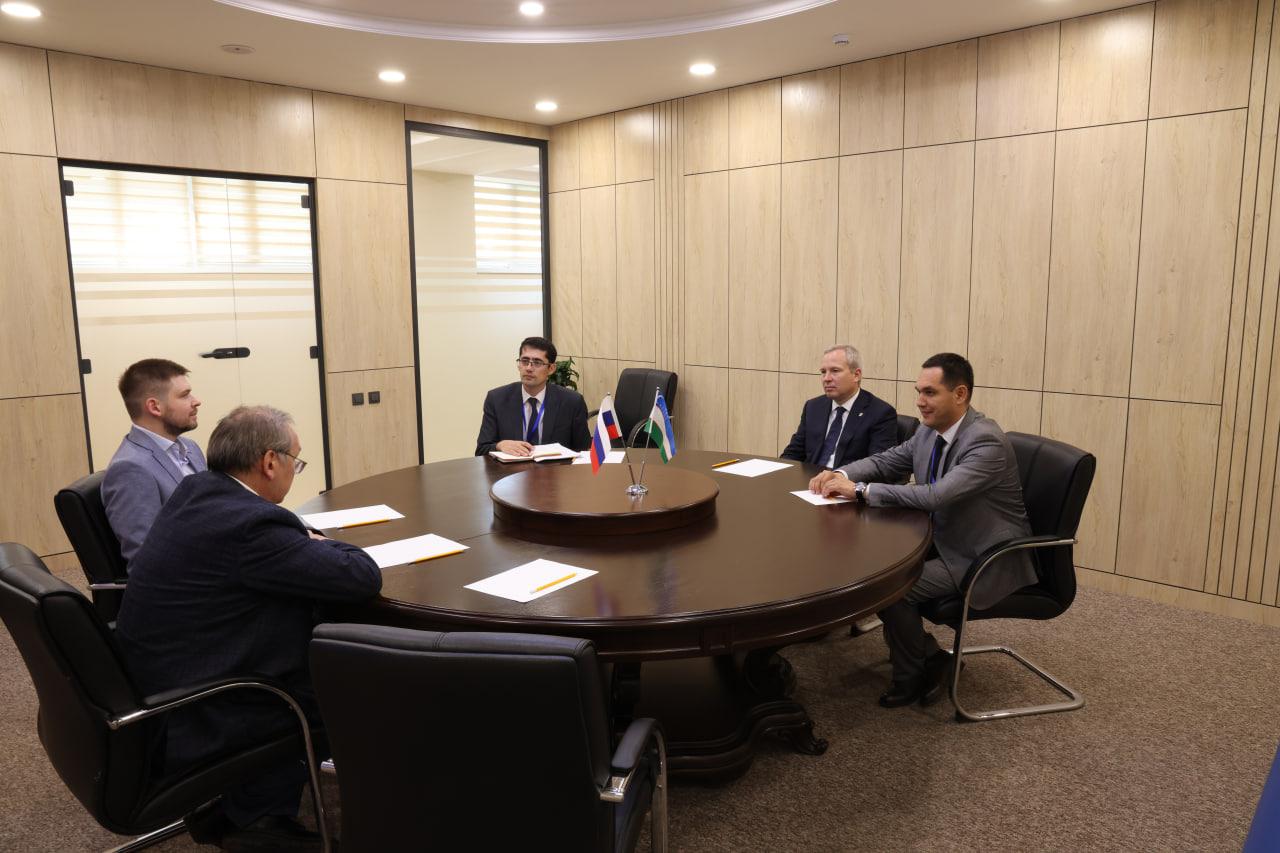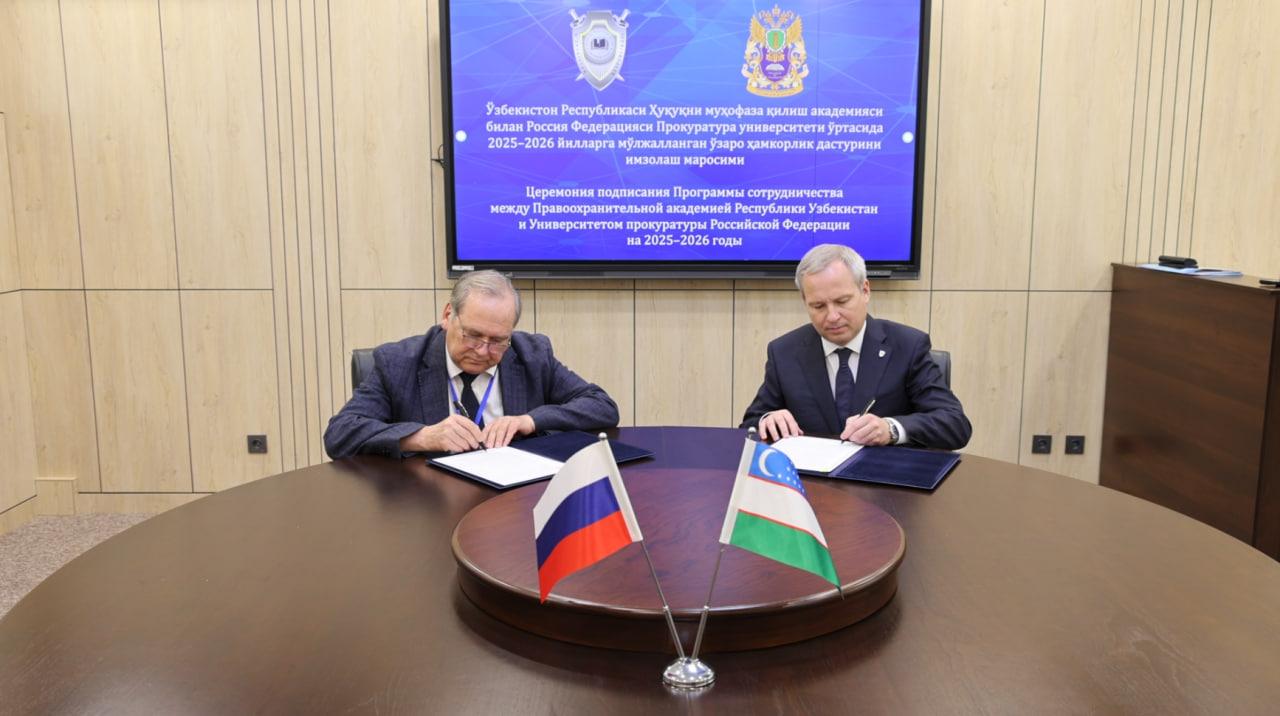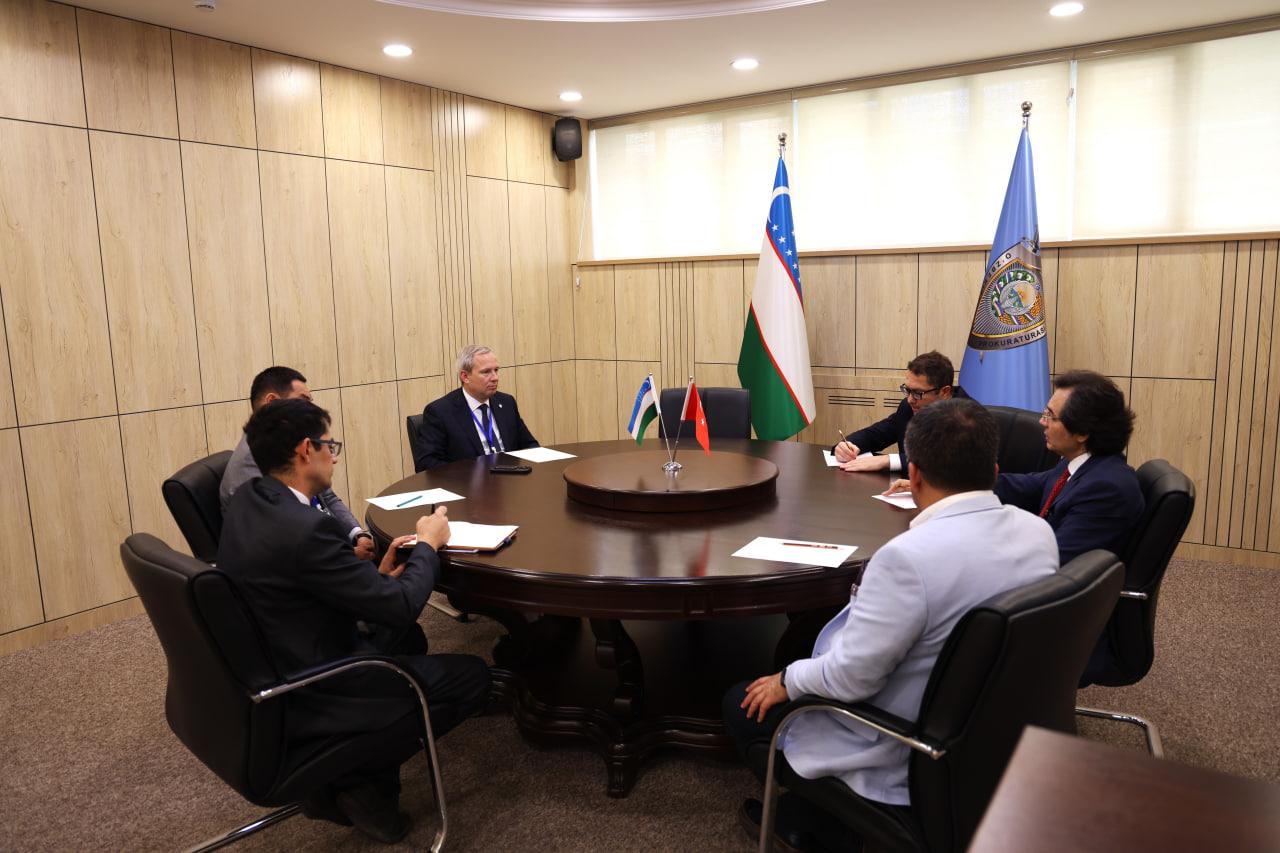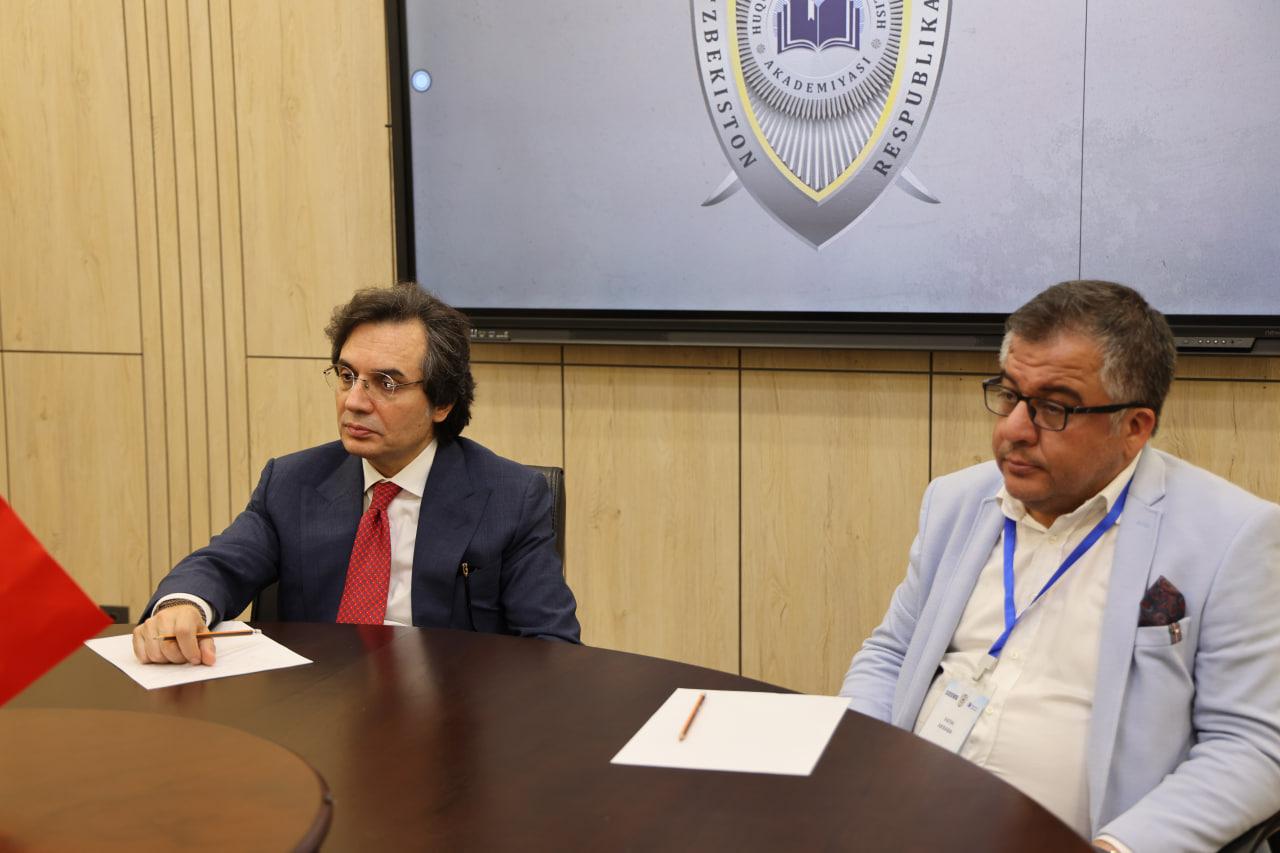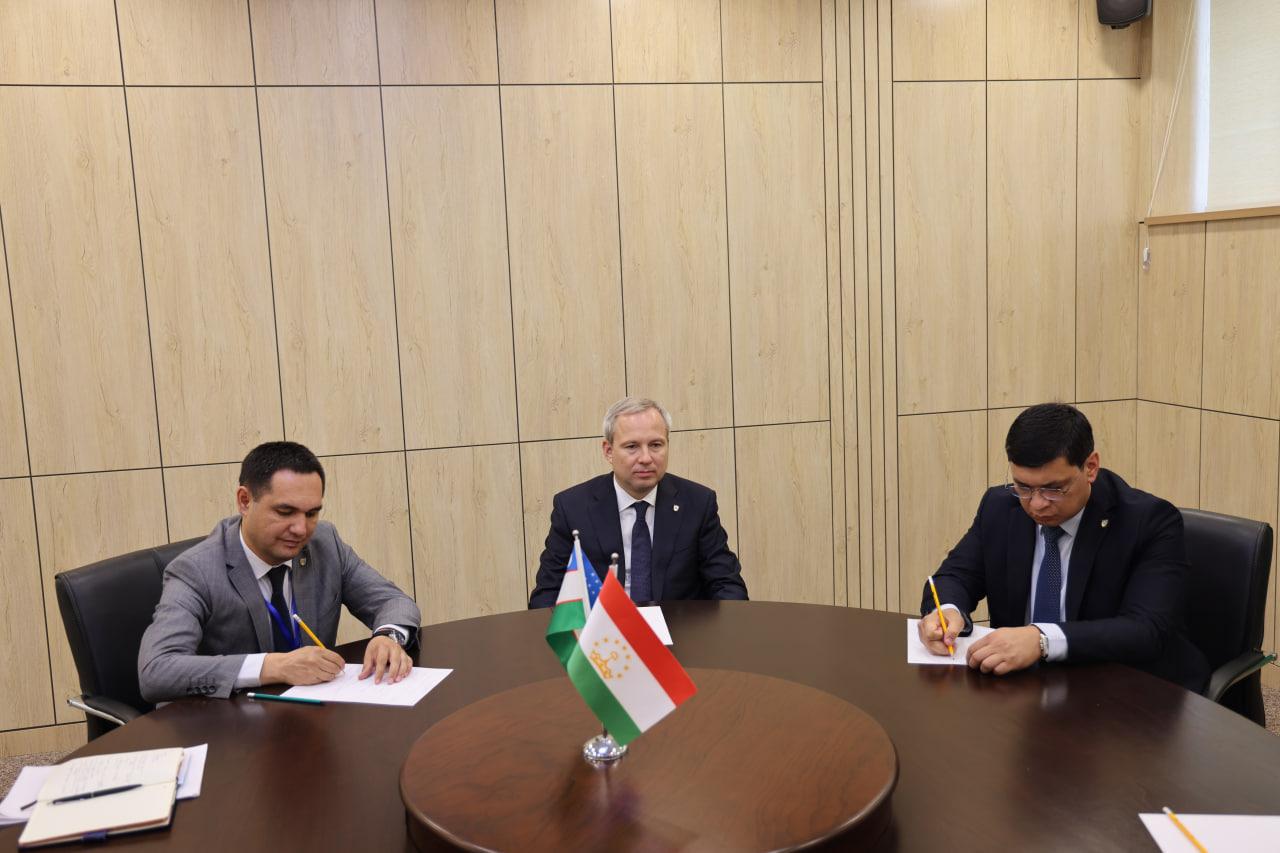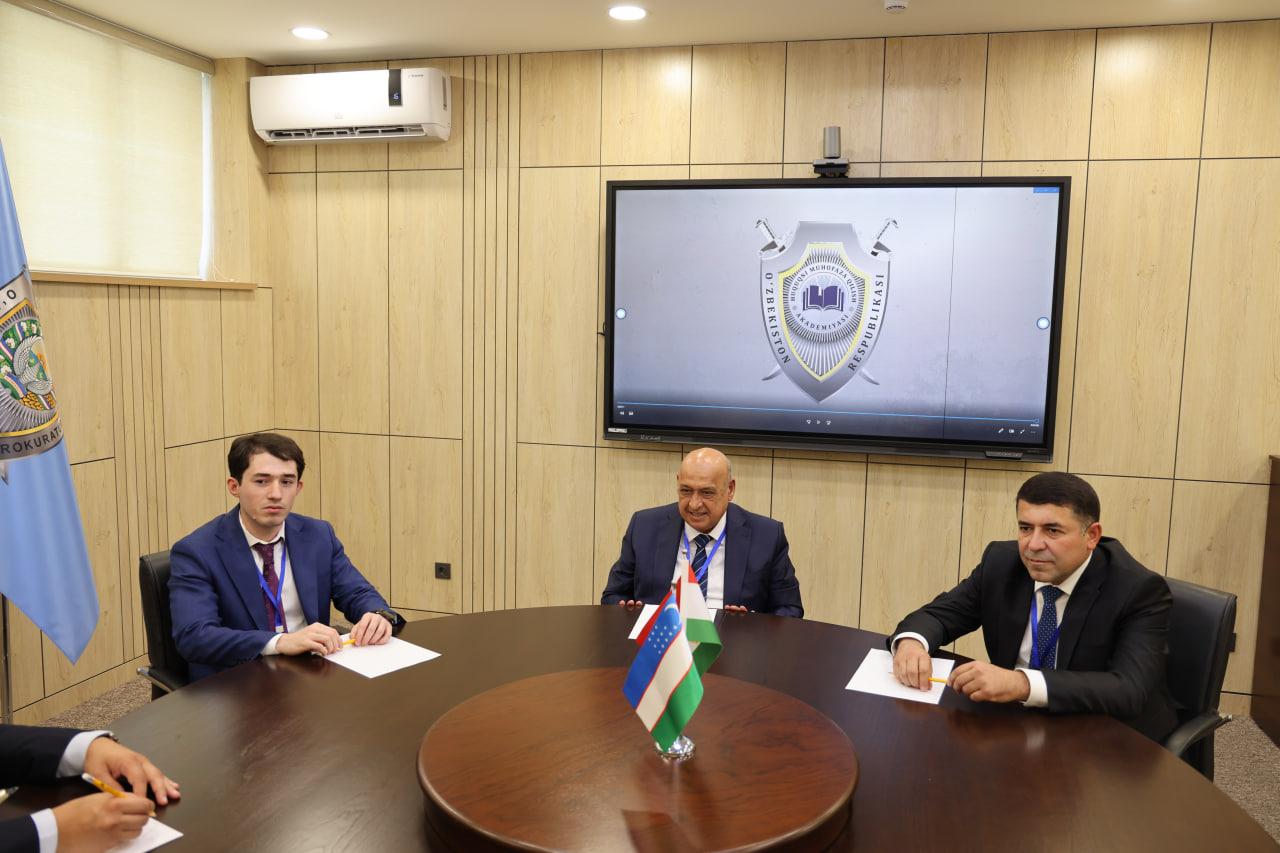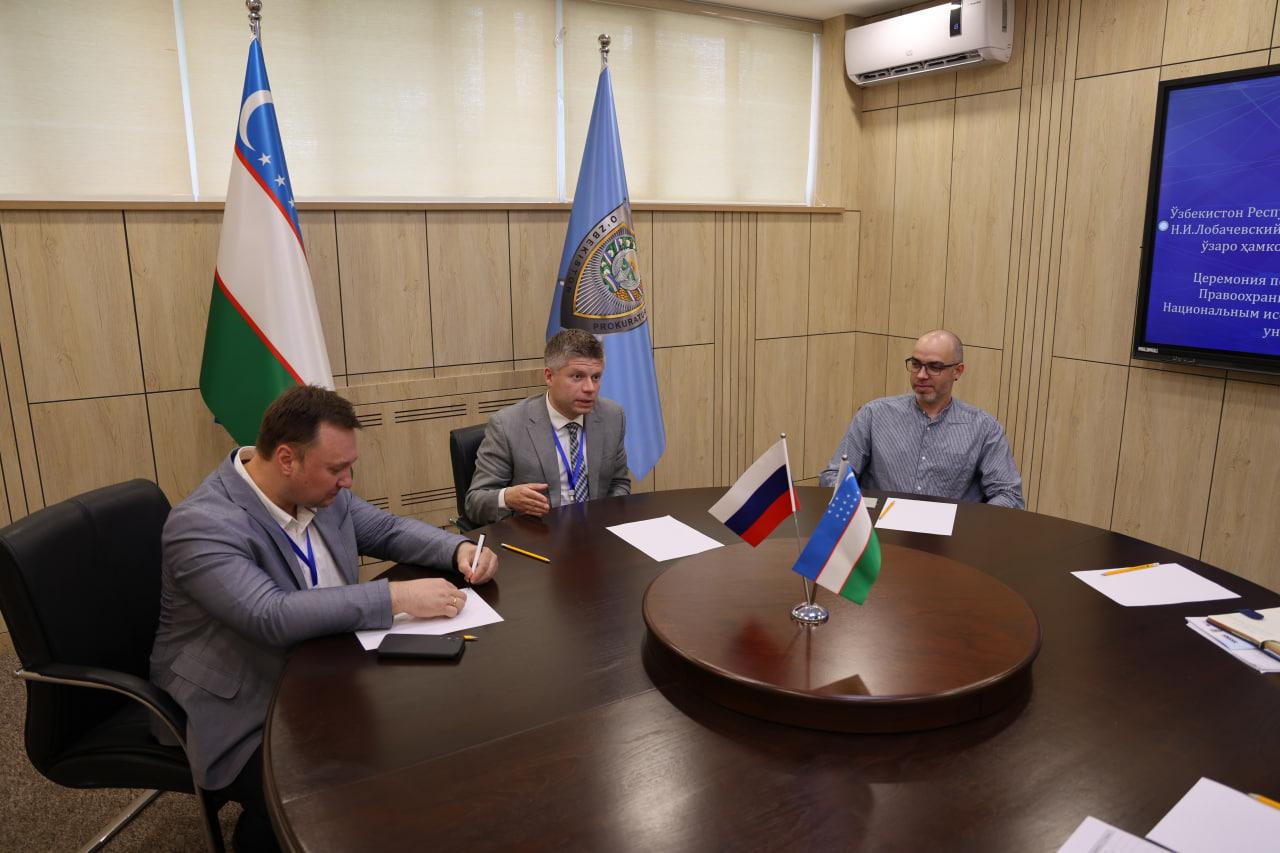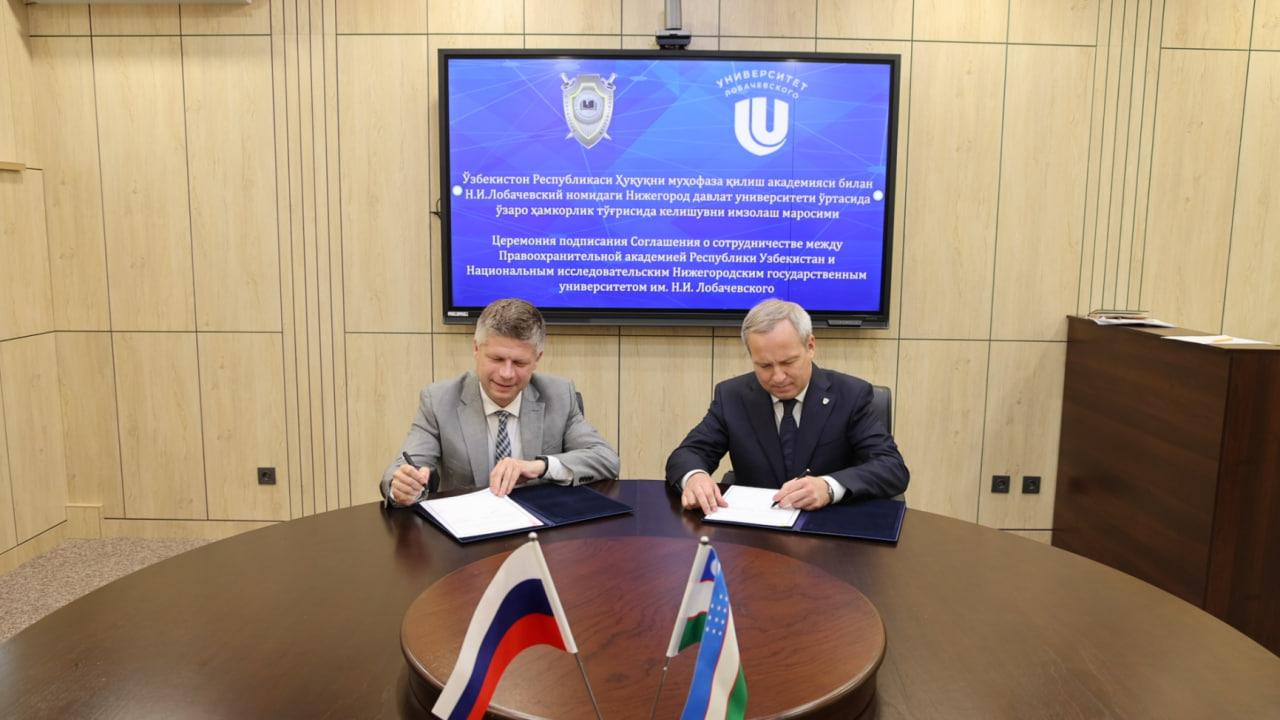International cooperation is reaching a new stage: important agreements have been signed by the Academy
The Law enforcement academy of the Republic of Uzbekistan continues its consistent efforts to expand international academic cooperation.
On the sidelines of the international scientific and practical conference on the topic “Modern challenges and threats in law enforcement in the era of digital transformation”, the Academy signed new agreements with leading foreign universities and defined priority areas for further cooperation.
The focus is on the modern challenges of the digital age and the strengthening of international collaboration in the field of law enforcement.
The scale of international participation underscored the Academy’s high standing as a platform for global legal dialogue: the event brought together around 120 experts and representatives of specialized organizations from 30 countries, including the USA, Belgium, Belarus, the United Arab Emirates, the United Kingdom, Canada, Korea, Latvia, Luxembourg, Singapore, Azerbaijan, Spain, Pakistan, Poland, Portugal, Russia, Romania, Slovenia, Thailand, Tajikistan, Turkey, France, the Czech Republic, China, Sweden, Kyrgyzstan, Qatar, Kazakhstan, and Japan.
As part of the conference, bilateral meetings were held with the leadership of foreign educational institutions. In particular, discussions focused on cooperation with I.Matskevich, rector of the university of the Prosecutor’s office of the Russian Federation; B.Altun, president of the Turkish justice Academy; Kh.Barakatullo, deputy director of the Institute for the study of legality, law and order, crime, and professional development of Prosecutor’s office staff of the Republic of Tajikistan; and A.Bedny, vice-rector for international affairs and external relations of the N.I. Lobachevsky National research Nizhny Novgorod state university.
In addition, a Cooperation Program for 2025–2026 was signed between the Academy and the university of the Prosecutor’s office of the Russian Federation, along with cooperation agreements with the N.I. Lobachevsky National research Nizhny Novgorod state university.
During the discussions, the parties noted the high level of cooperation and identified further priority areas for deepening bilateral collaboration.

